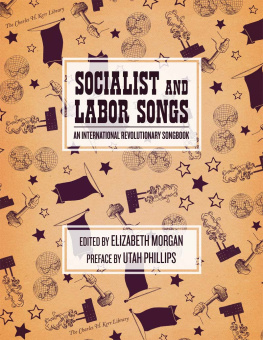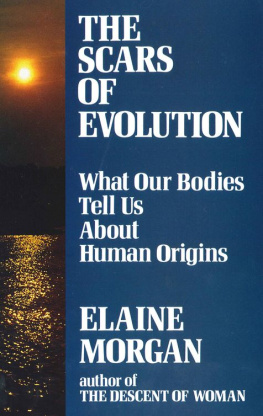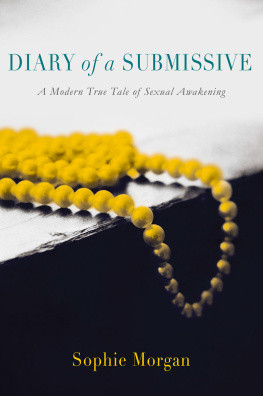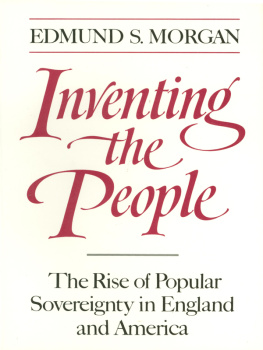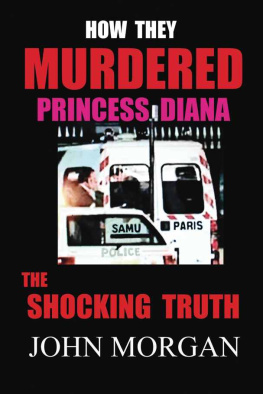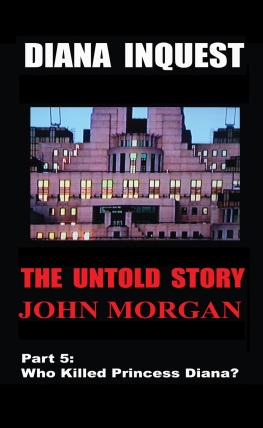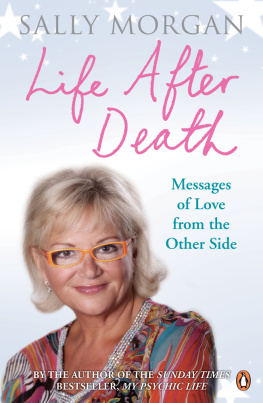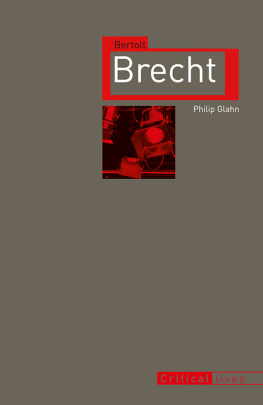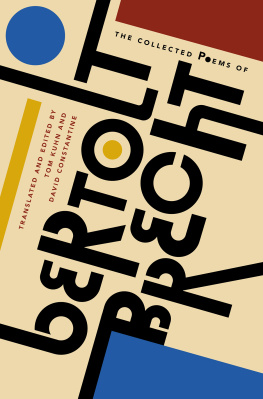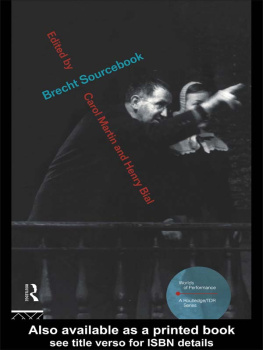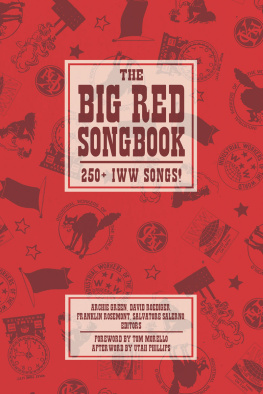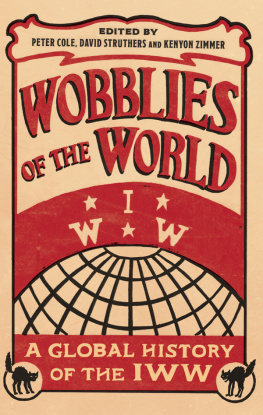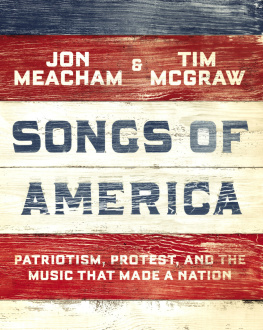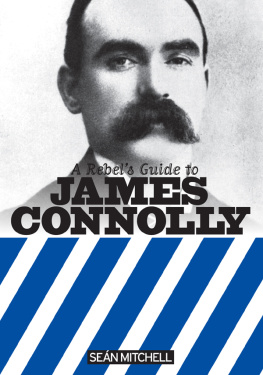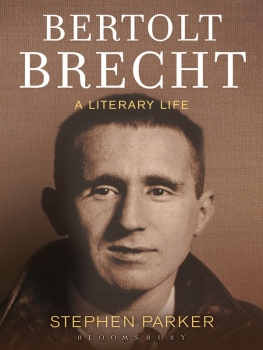

Socialist and Labor Songs: An International Revolutionary Songbook
Edited by Elizabeth Morgan
PM Press 2014
All rights reserved. No part of this book may be transmitted by any means without permission in writing from the publisher.
PM Press
PO Box 23912
Oakland, CA 94623
www.pmpress.org
Published in conjunction with the Charles H. Kerr Publishing Company
C.H. Kerr Company
1726 Jarvis Avenue
Chicago, IL 60626
www.charleshkerr.com
Cover design by Josh MacPhee/justseeds.org/antumbradesign.org
Layout by Jonathan Rowland
ISBN: 978-1-60486-392-5
Library of Congress Control Number: 2013911526
10 9 8 7 6 5 4 3 2 1
Printed on recycled paper in the USA by the Employee Owners of Thomson-Shore in Dexter, Michigan.
www.thomsonshore.com
CONTENTS
PREFACE
by Utah Phillips
S everal years ago I had the privilege of performing at the Inn at Celo, North Carolina. While there I was taken to meet an extraordinary gentleman named Ernest Morgan. During our visit, Mr. Morgan showed me the manuscript of a songbook, the one you now hold in your hand, completed in 1958 by Elizabeth Morgan, his wife. Elizabeth Morgan was an enormously talented and energetic woman, who, besides being a fine musician and singer, was also a progressive educator and a deeply committed social and political activist. By the time of her death in 1971, her achievements were great, but the manuscript of songs so patiently compiled remained unpublished.
There I stood in Mr. Morgans house, with this precious collection in my hands, turning page after page of treasures. Some greeted me as old friends: Harry McClintocks Hallelujah, Im a Bum or Joe Hills The Preacher and the Slave. Only recently I had been leading participants in a homeless rally in singing Maurice Sugars Soup Song. But for the most part, these songs were unknown to me; either they or I had strayed off into some parallel branch of political music and had passed each other by. I had always known of our political and social movements as singing movements, and have been continually astonished at the scope and variety of our peoples music. And I am always prepared to be astonished again as I was when I first sampled Elizabeth Morgans collection. I instinctively knew that it had to be carried through to publication, and who better to publish it than Charles H. Kerr?
Its taken a while, but here it is! These songs are like endangered species that have been restored to the present, to the land of the living. They stuck up for us long ago during dark and troubled times. Our times are dark and troubled, too, but our old songs are still here with us to see us through. Sing away!
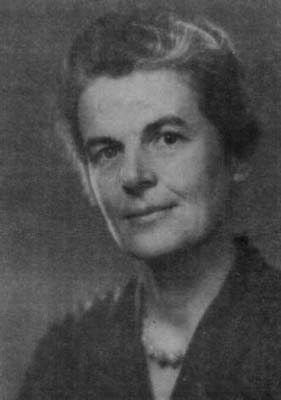
E LIZABETH M ORGAN
1910 - 1971
COMMENTS
by Elizabeth Morgan
(Written in 1964)
I should like to say a little about my getting into socialist music activity. The person who got me started on it was Caroline Urie, a cousin of Lucy Morgan. She was an old Socialist who had been active in Socialist party movements in various parts of Europe and America. She was one of the early teachers of Montessori, having studied with Madam Montessori and then returned to this country to open a Montessori kindergarten at Hull House in Chicago, and had been quite a close associate of Jane Addams during the years she remained at Hull House.
At the same time that Caroline Urie was at Hull House, Eleanor Smith was there making music and these women had been very much interested in music as an expression of the struggle for better living conditions of which Hull House was one expression. Caroline Urie was a highly cultivated person and an able musician herself. She brought me music which I thoroughly respected as an art expression and from this I became interested in a much wider variety of music than just folk music.
A Socialist leader, Karl Pauli, was one of the people who happened to come to our house when I was singing some of this material and was so moved by it that he urged me to sing for conventions and various gatherings. Sam Friedman was very helpful, too.
Whenever I went on these trips I gathered more music, and some of the material was very interesting. It included music from old Bellamites that I met and sang for out in Colorado, from student radicals who had been gathering music in their own right, as well as old Wobblies and old-timers in union organizing work. I found that the United States had a very rich literature of what might be called socially conscious music, probably the richest and most varied such literature of any country in the world. Partly this is because we have inherited from all of the European countries, but to this heritage we have added some music which is really distinctive. At the time of the Second World War, Ernest and my collection of labor music was probably one of the finest private collections in the world.
I came to feel that there is rather a wide band that separates propaganda from art. While some songs originate as propaganda, they may nevertheless be good expressive songs. One of these, for example, which irritated me is Joe Hill. I dreamed I saw Joe Hill last night, alive as you or me. Its origin was propaganda but it has seemed to be quite an effective, living sort of song. On the other hand, some of the finest songs of American art literature have apparently been written out of deep concern. The artist, the great artist, has something to say. After exploring this kind of music, I find myself returning to more conventional forms, such as, for instance, church music, with a great deal more understanding and considerably greater sense of discrimination. I have always felt that this sort of illumination of life was worth all the struggle that I, for one, put into the Socialist movement.
THAT CAUSE

O, TORTURED AND BROKEN

Hail the Glorious Golden City


MEN OF THE SOIL


WE ARE BUILDING

ROCK-A-BYE, BABY

MARCH ON
Next page
